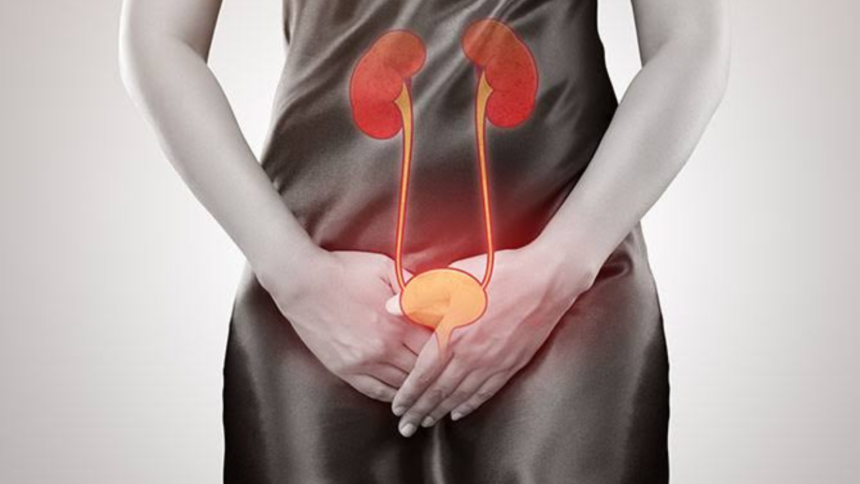May 14, 2025 – Health Desk
As temperatures soar during the summer months, doctors are reporting a noticeable uptick in urinary tract infections (UTIs)—a common but often overlooked health issue, especially among women and the elderly.
Health experts say summer heat, dehydration, and poor hygiene are key contributors to the seasonal spike in UTIs. A UTI occurs when bacteria, usually from the digestive tract, enter the urinary system and multiply. It can affect any part of the urinary tract, including the bladder, urethra, or kidneys.
Why UTIs Are More Common in Summer
According to Dr. Meena Sharma, a general physician based in Delhi, dehydration is the leading summer trigger.
“When we sweat more and drink less water, the body produces less urine. That means bacteria are not flushed out as frequently, giving them a better chance to grow and cause infections,” she explains.
Also, activities like swimming, traveling, and wearing tight or damp clothing for long hours can increase the risk. Public pools or poorly maintained washrooms during trips can be breeding grounds for bacteria.
Common Symptoms to Watch For
UTIs often come with noticeable discomfort. Watch out for:
- A burning sensation during urination
- Frequent urge to urinate, even when the bladder is not full
- Cloudy or foul-smelling urine
- Lower abdominal pain or pressure
- In more serious cases, fever and back pain may indicate a kidney infection
Who Is Most at Risk?
While anyone can get a UTI, certain groups are more vulnerable:
- Women, due to their shorter urethra
- Older adults
- Children
- People with diabetes
- Individuals using catheters or with a history of urinary problems
Prevention Tips for the Hot Months
Health professionals recommend a few simple steps to keep UTIs at bay this summer:
- Stay well hydrated – aim for 8–10 glasses of water a day
- Urinate frequently – don’t hold it in
- Practice good hygiene, especially after using the bathroom and during menstruation
- Avoid tight or synthetic underwear – go for breathable cotton
- Change out of wet clothes quickly, especially after swimming
- For women, urinate after sexual activity to flush out bacteria
When to See a Doctor
UTIs are typically treated with antibiotics, and symptoms often improve within a few days. But ignoring or self-treating the infection can lead to more serious complications.
“If you have symptoms for more than two days, or develop a fever, it’s important to get medical help. UTIs are common but they should not be taken lightly,” warns Dr. Sharma.
Summer is a time to enjoy the outdoors, travel, and unwind—but it’s also a time to be extra mindful of hydration and hygiene. A few precautions can go a long way in preventing the discomfort and risks associated with urinary tract infections.








